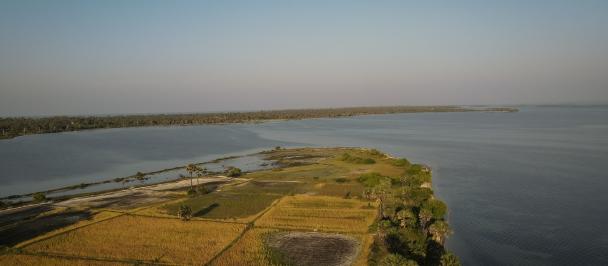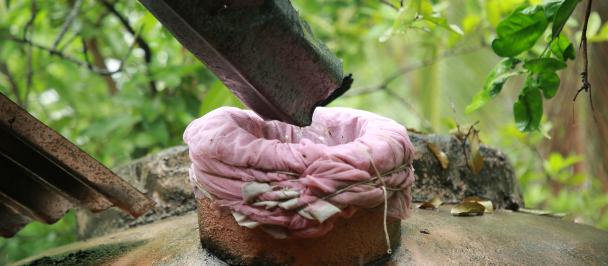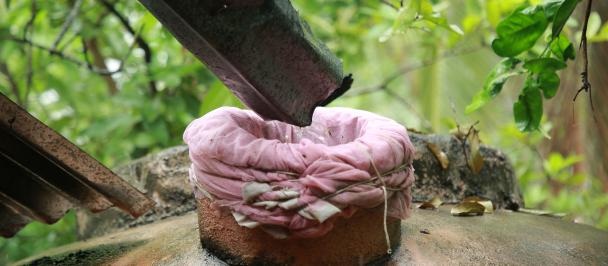Celebrating World Water Day 2023
Accelerating Change to Achieve Water Security and Sustainability in Sri Lanka
March 23, 2023
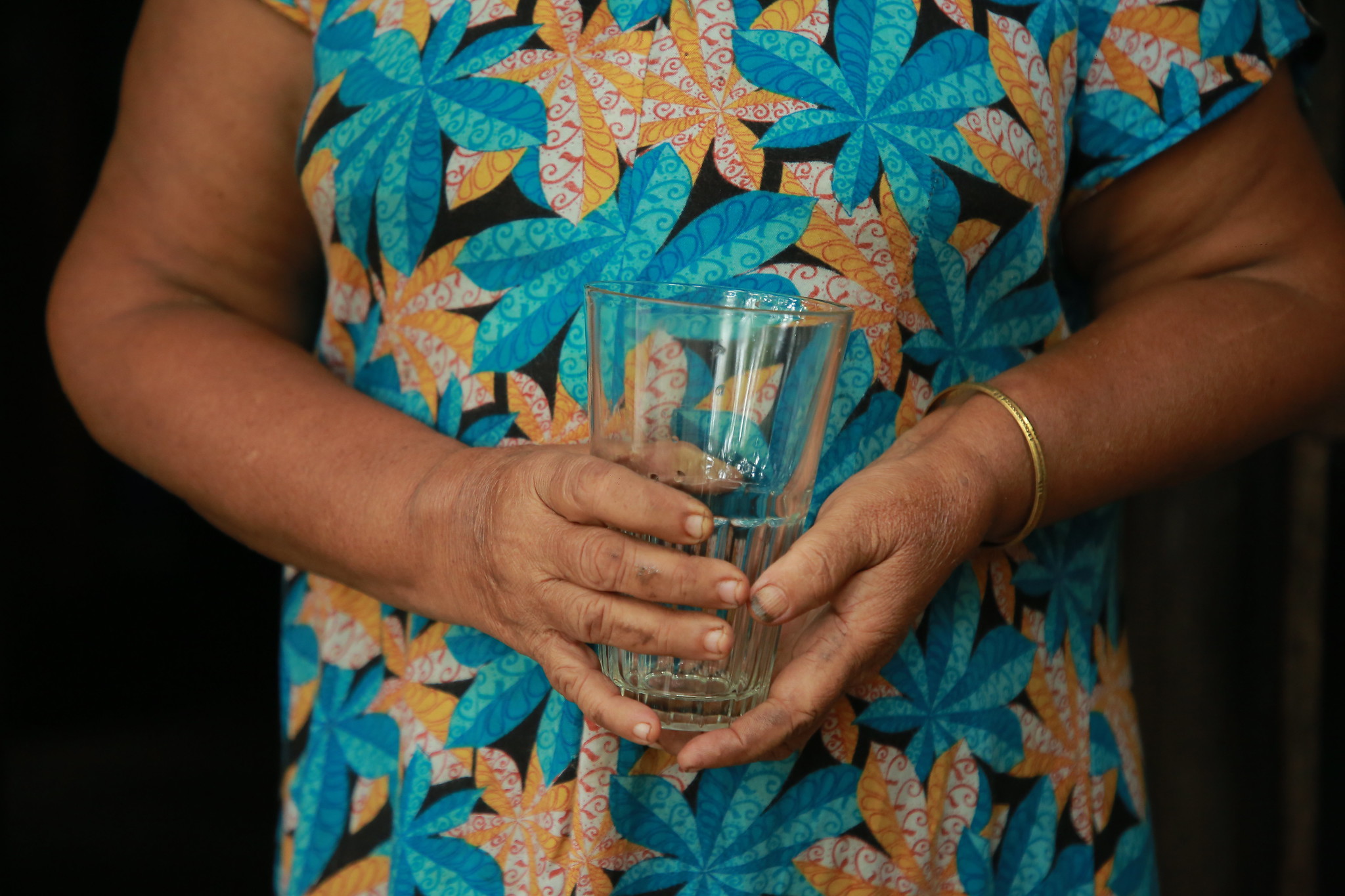
Water plays a crucial role in achieving sustainable development, fostering peace, and maintaining human security. Goal 6 of the Sustainable Development Goals (SDGs) established by the United Nations General Assembly in 2015, not only encompasses challenges related to accessing drinking water, sanitation, and hygiene but also concerns the quality and sustainability of water resources worldwide. Despite the critical role water plays in sustaining human life and ecosystems, Sri Lanka's progress towards achieving Sustainable Development Goal 6 (SDG6) is moderate, and arguably insufficient to reach the set target, according to the 2022 Sustainable Development Report. The report highlights that significant challenges still exist, indicating the need for concerted efforts to address them effectively.
The United Nations has designated this year's observance of World Water Day to highlight the pressing need for accelerating efforts towards resolving the water and sanitation crisis. The global campaign, named "Be the change," urges individuals to take proactive measures in their daily lives to modify their approach to utilizing, consuming, and managing water resources.

On World Water Day 2023, the National Water Supply and Drainage Board (NWSDB) of Sri Lanka organized a commemoration event held at the Centre of Excellence for Water and Sanitation (CEWAS), where the Resident Representative of UNDP Sri Lanka, Ms. Azusa Kubota, delivered the keynote address.
Ms. Kubota emphasized the critical role water plays in attaining sustainable development, peace, and human security. She pointed out that despite the efforts to achieve universal access to water and sanitation by 2030, 2.3 billion people worldwide currently lack access to safe and clean water; a number estimated to reach up to half the global population by 2025.
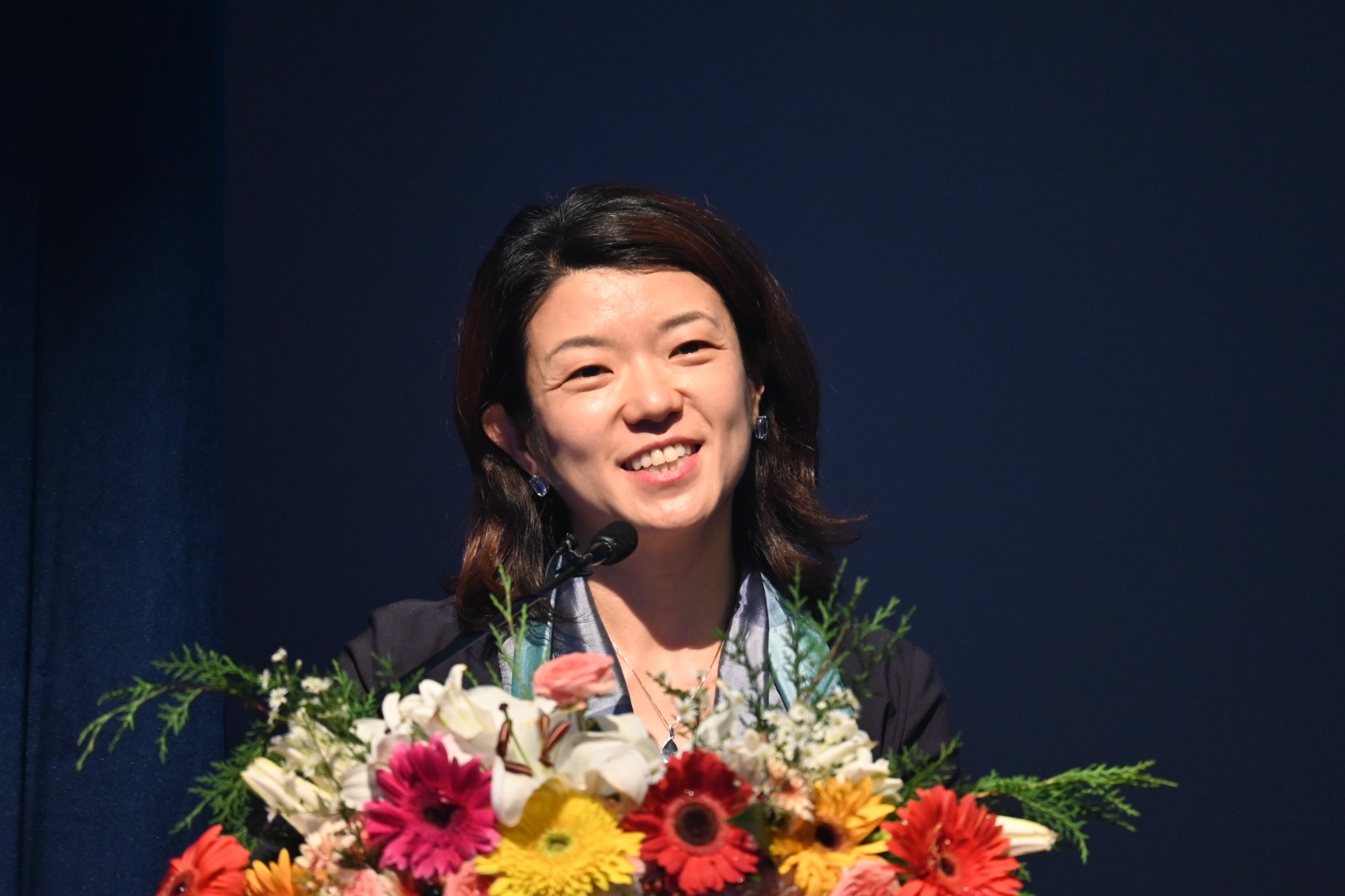
Ms. Kubota highlighted that achieving a fast and profound change requires mobilizing more resources to ensure universal access to water and sanitation, intervening at the interlinkages between water and other development issues for strategic and transformative impacts. She emphasized the need for a strong political leadership and governance mechanisms for coordination, stating that attaining SDG 6 or any of the goals for that matter cannot be achieved by one single agency.
Sri Lanka's water sector issues are reinforced by the fragmented water governance and institutional landscape, with around 40 agencies engaging in the water sector with overlapping competencies and mandates. Promoting an integrated approach requires the whole-of-government effort.
Ms. Kubota stated that UNDP has been working with the Sustainable Development Council in SDG budget tagging exercises, which will allow the government to critically monitor the use of public resources in important SDG areas, with Goal 6 on water recognised as a priority. UNDP has also been supporting the Board of Investment in SDG impact investment mapping, aiming to attract environmentally and socially responsible businesses to invest in much-needed infrastructure that will facilitate access to safe and reliable water.
Ms. Kubota emphasized that more investments in the water sector can be a vital tool to fast-track the recovery process, one that is inclusive and can drive economic growth, employment, and poverty reduction while maintaining and ensuring the healthy functioning of valuable natural resources.
In its efforts to accelerate change to achieve water security and sustainability in Sri Lanka, UNDP has undertaken the Climate Resilient Integrated Water Management Project (CRIWMP) in Sri Lanka, a seven-year initiative financed by the Green Climate Fund (GCF) and implemented by the Government of Sri Lanka in collaboration with UNDP. The project's primary objective is to enhance the resilience of smallholder farmers, especially women, in Sri Lanka's Dry Zone, who are bearing the brunt of climate change impacts such as erratic rainfall, rising temperatures, and extreme weather events. The CRIWMP invests in enhancing community irrigation systems, drinking water systems, and early warning systems for flood response and water management. The project has conducted comprehensive needs and capacity assessments, assisting institutions in improving information generation and dissemination to over 770,500 direct and 1,179,800 indirect beneficiaries.
Considering the critical importance of water in promoting sustainable development, UNDP Sri Lanka is firmly committed to providing continued support to the Government of Sri Lanka and the National Water Supply and Drainage Board in integrating water as a central element in the country's green recovery strategy.
In conclusion, Ms. Kubota's keynote speech highlighted the urgent need for action to address the water crisis, emphasizing that water is fundamental for attaining sustainable development, peace, and human security.

 Locations
Locations